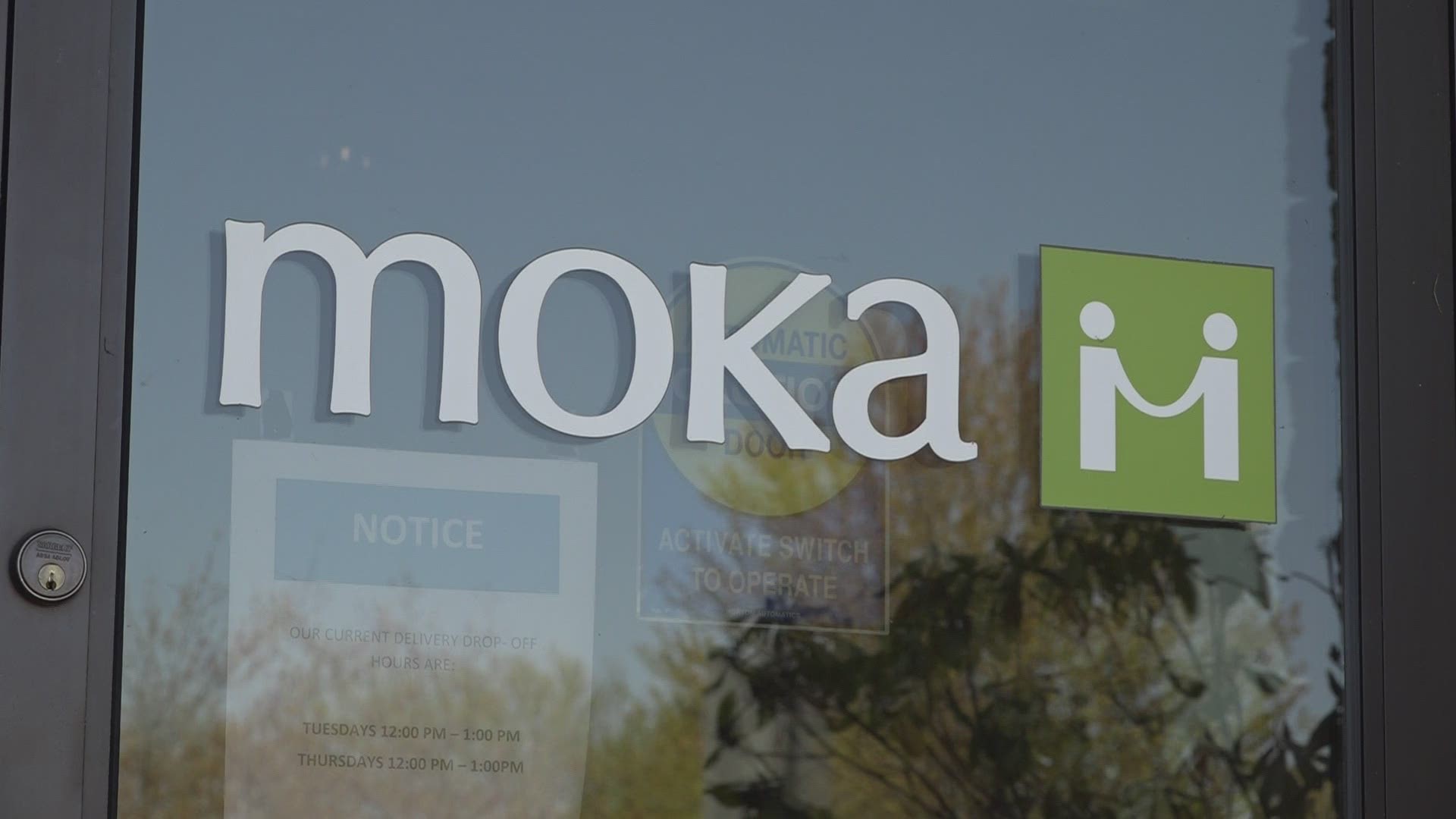Behavioral health providers already dealing with a shortage of home care workers say they are not properly funded for the COVID-19 pandemic.
"Imagine going into a crisis with short staff, and you can no longer share, so now you're trying permanent assignment and operating very, very short-handed," said Tracey Hamlet, executive director of MOKA, which provides care for people with intellectual and developmental disabilities.
MOKA had around 60 open positions for residential care workers before the novel coronavirus hit West Michigan. Hamlet said the organization can't provide competitive wages for the jobs, which offer the lowest pay among health care occupations, according to federal data.
"The pandemic has caused about 20 more openings in our agency's residential services alone," she said. "This is because staff has to take time off because they've had symptoms and need to isolate or because they've become ill with COVID and need to take time off."
In late April, Gov. Gretchen Whitmer announced a temporary, $2-per-hour pay raise for care workers providing in-home behavioral health and long-term services funded by Medicaid. Providers are paying the increased wages, but the state money hasn't come in, said Phil Weaver, president and CEO of Hope Network.
"They have not come out as a department or state as to when or how they're going to [distribute the funds]," Weaver said. "It's kind of putting the cart before the horse."
A spokesperson for the Michigan Department of Health and Human Services said the state is working to "make sure providers receive this money as quickly as possible." The date the funds are distributed, according to the statement, will vary depending on the program and region of the state.
"[We are] proud of our providers and their direct care staff for their commitment to those we serve and for their creativity and ingenuity to continue to provide services," said Ross Buitendorp of Network 180, Kent County's community mental health authority. "Network 180 is continuing to look for solutions to further support [them]."
The next step is lobbying the state to make that temporary raise permanent, Hamlet said.
"We've looked at this every way," she said. "We've done what we could, but without an increase in the Medicaid rate for residential servcies, the whole system is very fragile."
As other industries raise wages, the state must do the same to keep employees, Weaver said.
"I think in the next year, you may see that gap grow again dramatically unless we can get more funding," he said. "These are individuals who do unbelievably great work."
More stories on 13 ON YOUR SIDE:
- Killer tornado remembered by Kalamazoo resident, on devastating event's 40th anniversary
- Kent County Health Department, City of Grand Rapids release Back To Work Safely Program
- Police prepare for another demonstration at Michigan capitol
- Powell warns of a possible sustained recession from pandemic
- Muskegon's first cruise ship of the season didn't arrive, other stops this summer uncertain
►Make it easy to keep up to date with more stories like this. Download the 13 ON YOUR SIDE app now.
Have a news tip? Email news@13onyourside.com, visit our Facebook page or Twitter. Subscribe to our YouTube channel.


